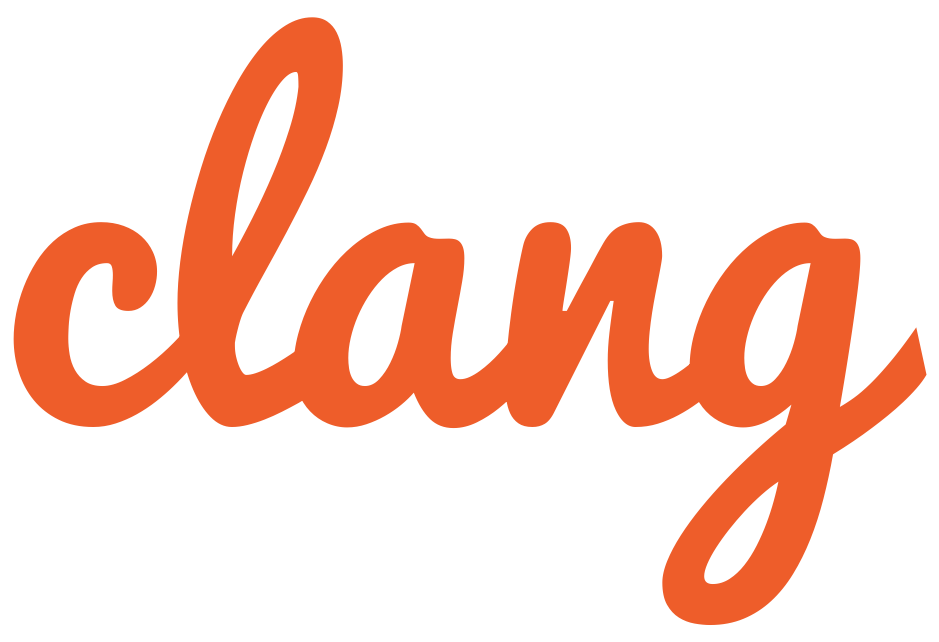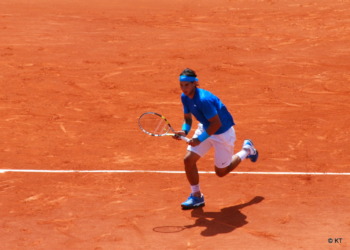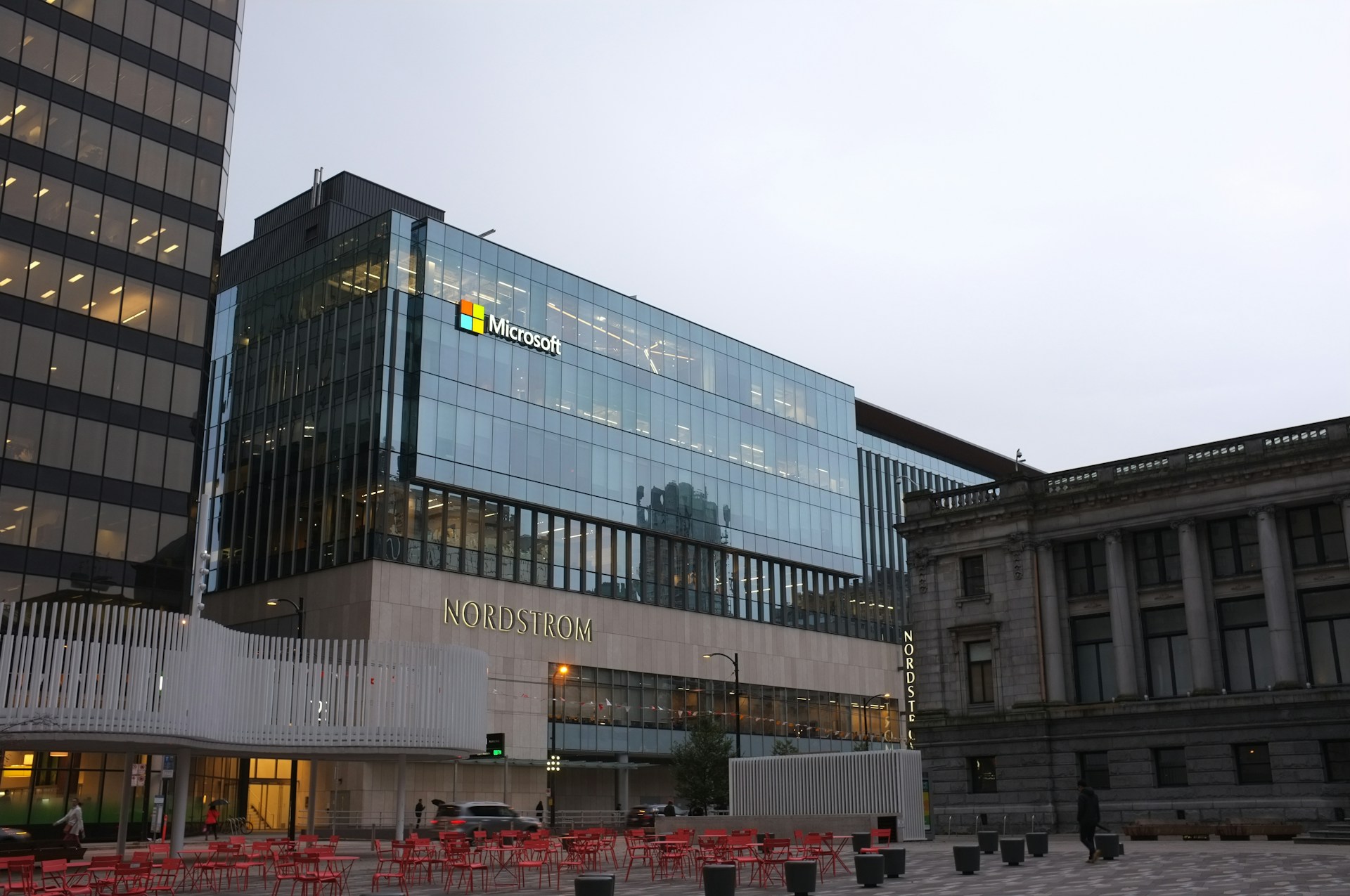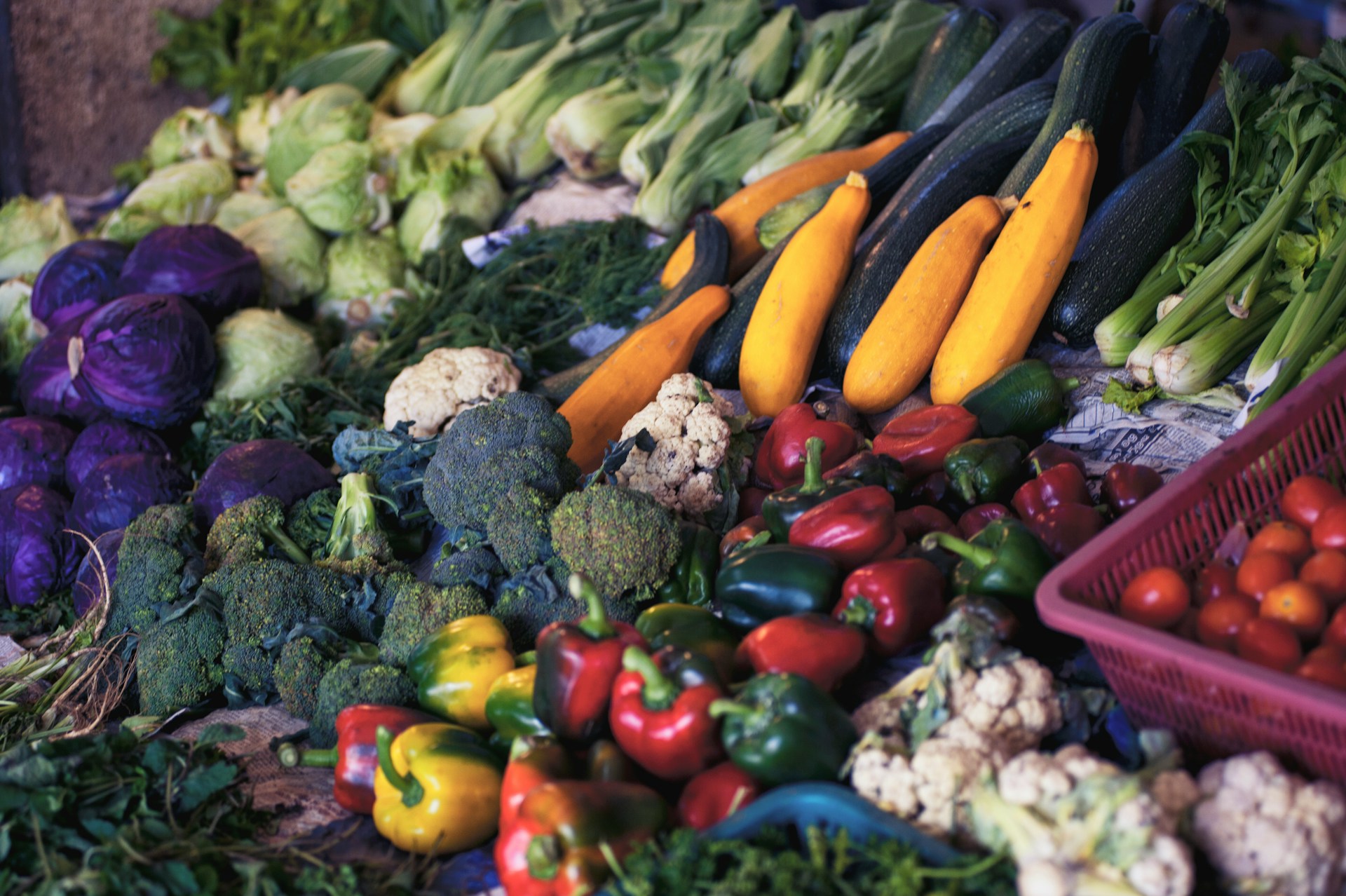Salim Kraatz and Grigorii Posner, two old schools friends, after collaborating on various projects, were ultimately lead to the idea of Clang, a streaming service inspired by music and travel. By teaming up with ethnomusicologist, Dr. Edda Brandes, and tech expert, Chris Zidjou, Kraatz and Posner were excited about the possibility to allow people to access music through the context of its roots and creation. The founding team are currently based in Berlin and are set to shake up the current methods of music streaming by making world music more accessible and creating a fairer model for the artists involved. Clang is on the cusp of fruition with the goal to change how the average music fan listens to music; a mission to spark a music revolution and alter the industry’s current landscape.
Clang is not just about listening to music but also about experiencing it.
What is the concept behind Clang Music?
Salim Kraatz: Clang is all about discovering music, artists, and people. At a time when radio stations and music channels alike serve mainstream tastes, there is a growing need for individuality and authentic discovery without preselection. With Clang you can discover music by browsing the world map or by looking at what your friends listen to. Your own playlist becomes an expression of your personality. Amazing music is made every day everywhere in the world. We want to give people the chance to discover this music and the artists behind it. Imagine that you love jazz music; you travel to a city somewhere in the world and with Clang you are able to discover the local jazz music scene with all its trends, new releases and most popular songs and artists. Clang is not just about listening to music but also about experiencing it.
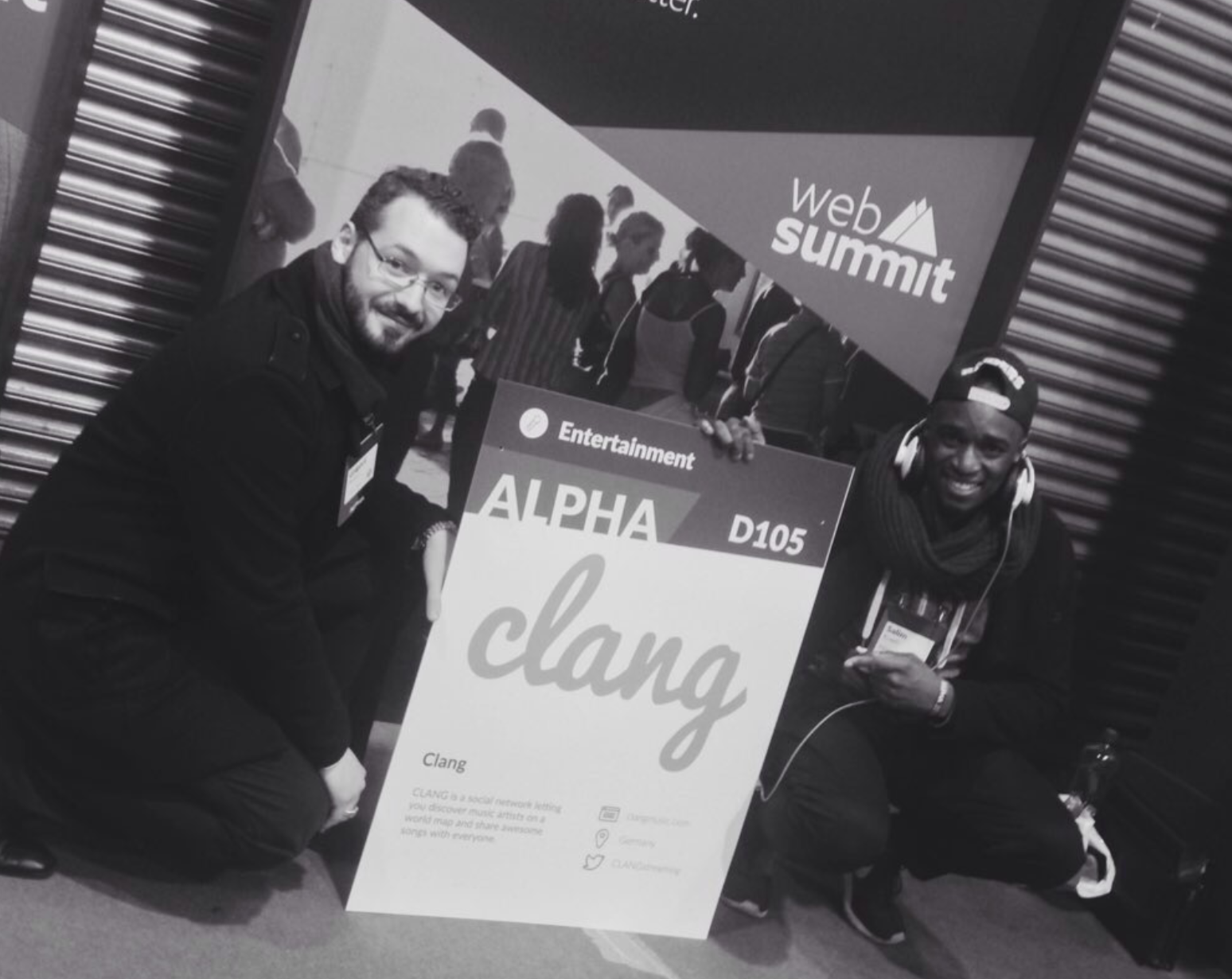
In the Photo: Grigorii Posner and Salim Kraatz at Web summit 2015 in Dublin
What was the inspiration behind the idea and how long have you been building the company?
Grigorii Posner: The first idea came up in 2013 when our co-founder, Edda, came back from a trip to Africa with amazing music. We felt the need for a service that publishes this music within the context of its creation in order to provide a holistic music experience. We talked to artists and labels and shaped the idea. Clang was founded in 2015 after a long period of conception and dialogue with creatives.
Related articles:“LUNA ROSE: FROM THE COSMOS INTO THE INDIE-ROCK NEW YORK MUSIC SCENE“
“A BEAUTIFUL ART FORM: MUSIC PHOTOGRAPHY AND WHY IT SHOULD BE MORE VALUED“
How important do you think it is for unsigned and smaller artists to be heard live and how do you think Clang will enhance this element?
SK: Clang is global but also regional and local. I can discover the hottest hip-hop tunes from Japan but also connect with the violinist next door. Due to the localization aspect of Clang, it will be easier than ever for artists to address, inform and mobilise their direct surroundings. Being an online service Clang nevertheless aims to inspire and animate analog music experiences like concerts, street gigs and so on.
GP: At the same time, it is essential for us to provide fair payment to the artists and content creators. Having an artist background we know that the process of music creation is not just a creative challenge but also a matter of money.
It is on the artists and creatives to insist on their rights and raise awareness about the revenue distribution problems of the industry.
How do you think Clang will change or improve the music scene?
SK: The process of discovering new music is strongly curated at the moment. Clang aims to bring back more authenticity to the game and to let people discover songs and artists they would never discover without this service. By providing a wide breadth of information about themselves and their music, artists can build a unique relationship with their fans thanks to Clang. All this will improve the way we experience music and relate with music.
GP: Many record labels ignore what labels were initially all about: supporting the artists to create, produce and sell the music they want to make. They treat music and artists like a random commercial product that has to fit a market and consumer needs. By securing the artists a fair financial share we want to strengthen them and make them free to do what they love and do best: music. Artists will no longer be forced to sign disadvantageous record deals but monetise their music benefitting from absolute transparency.

Where do you see the music industry heading in the next five years in terms of streaming, venues and artist revenue?
SK: With Clang, we hope to contribute to a change in the music industry towards more transparency and frankness. Streaming will be the future of digital music consumption but we just can’t leave the field to a few major labels. It is on the artists and creatives to insist on their rights and raise awareness about the revenue distribution problems in the industry. We believe that services like Clang are able to change the whole music industry like Whatsapp and Skype did in communication, Uber in transportation or Airbnb in hosting.
Amazing music is made every day everywhere in the world. We want to give people the chance to discover this music and the artists behind it.
How do you see Clang expanding in the future?
SK: Our vision is to make Clang a synonym of music discovery. We created Clang very close to the needs of artists all around the world in order to provide them with useful tools to publish their music. Now we want to invite artists from all countries and cultures to upload music and be part of the user’s musical journey.
GP: We want people to discover, organise and share music from all around the world. After social networks based on picture sharing and video sharing, Clang is the first social network focusing on music sharing. We believe that this happens partly on the desktop computer but mainly on the smartphone. This is why going mobile will be a big step in the nearest future.
If you want to be updated on the Clang journey follow the team on Twitter @clang_music and sign up to the revolution.


